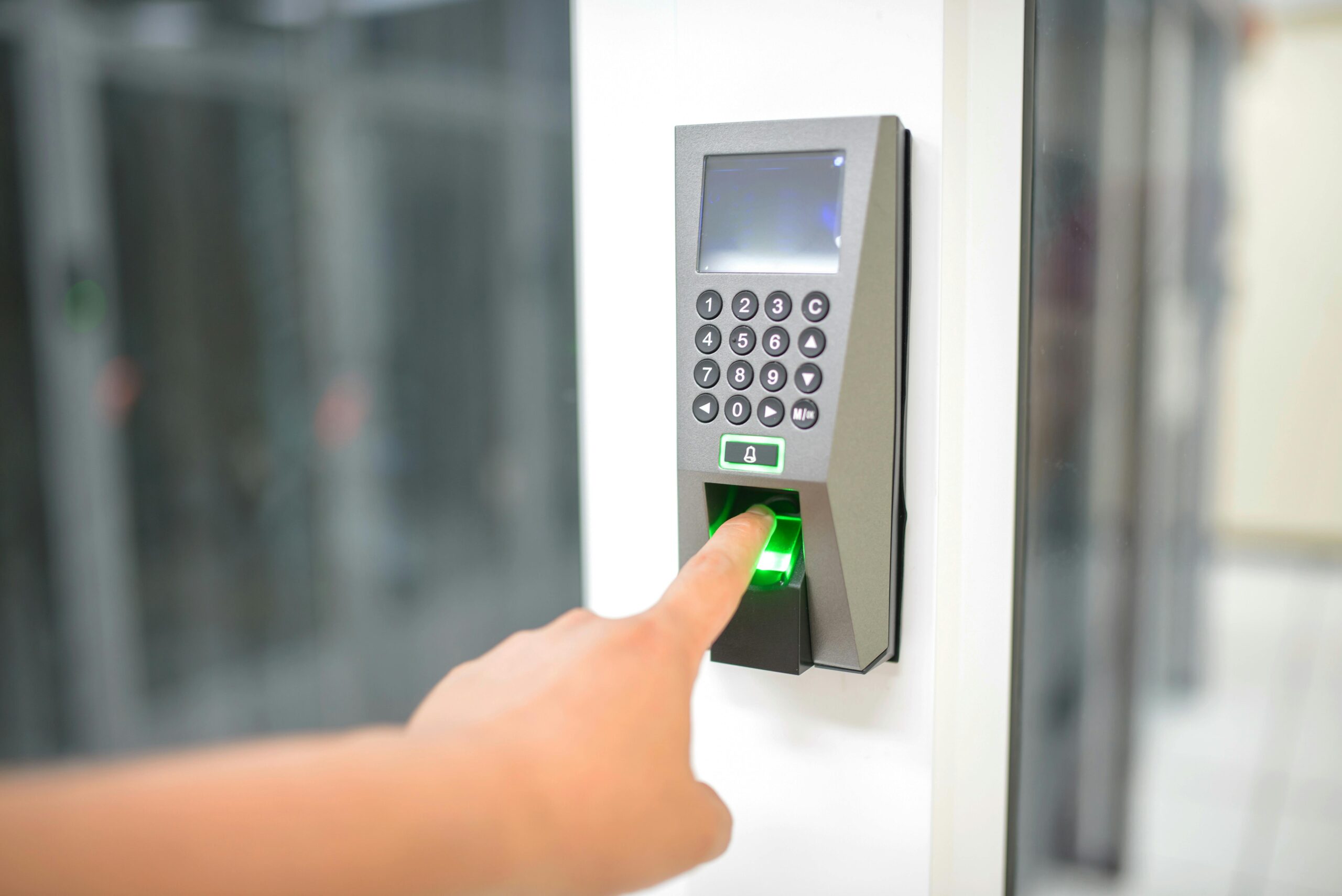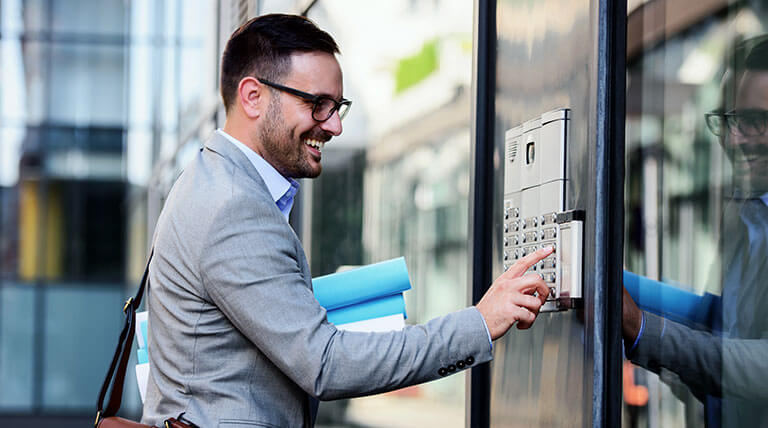Magnetic Locks & Electric Strikes – Choosing the Right Solution in Bristol
Cloud-based access control systems are becoming increasingly popular among Bristol warehouses, offering a modern and scalable solution to manage security. The entrance to any commercial building is one of the most critical access points for security, especially in a bustling city like Bristol. This allows businesses to monitor and adjust access control settings from anywhere, improving operational efficiency.
With automated access management, businesses can reduce the time spent on manual security processes, such as issuing keys or manually checking credentials. Wireless access control systems are an excellent choice for Bristol warehouses looking to improve security without the hassle of extensive wiring.
Advanced Access Control Systems in Bristol - Speed gates
- Real-time access monitoring
- Smart cards (MIFARE, HID iCLASS, DESFire)
- Libraries
- Iris scanning
- CCTV-linked access control
Furthermore, visitor management systems can enhance security by integrating with CCTV surveillance, providing real-time tracking of visitors and their movements throughout the building. With cloud-based systems, warehouse managers can control access remotely from any location, providing greater flexibility and responsiveness.
Visitors can check in using visitor management software, which can generate temporary access credentials, such as RFID cards or QR codes, for authorized entry. This ensures that only authorized personnel can enter potentially hazardous zones, reducing the risk of accidents.







